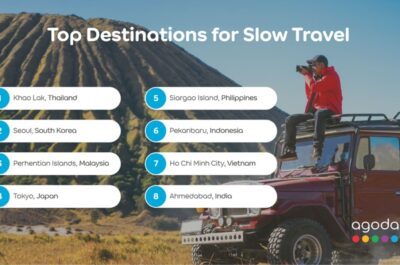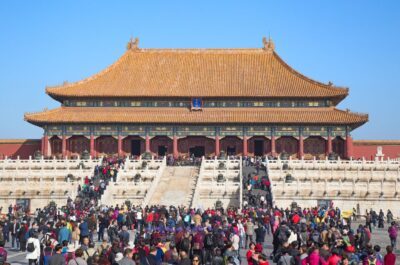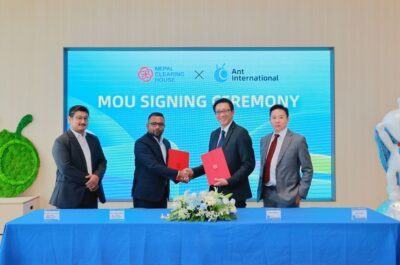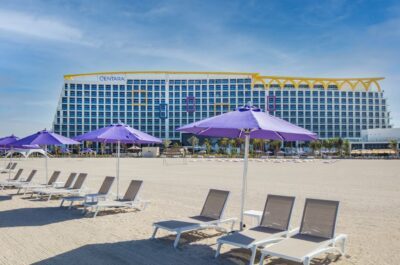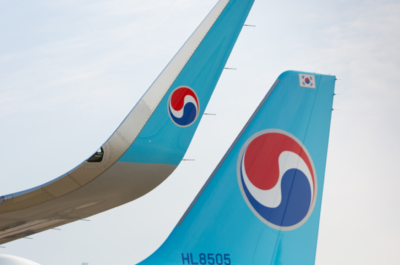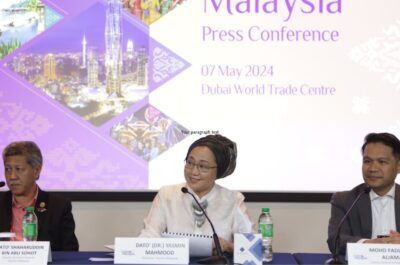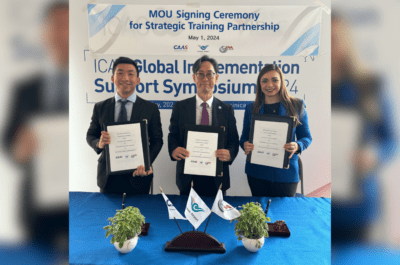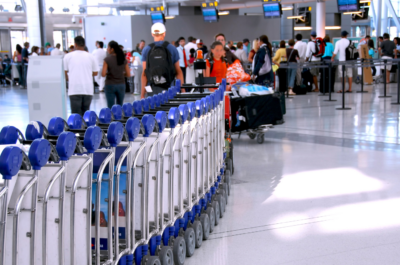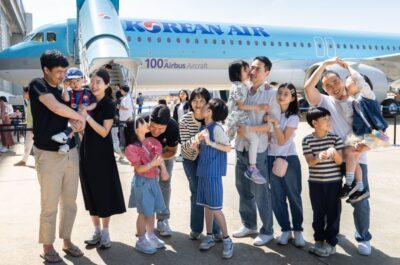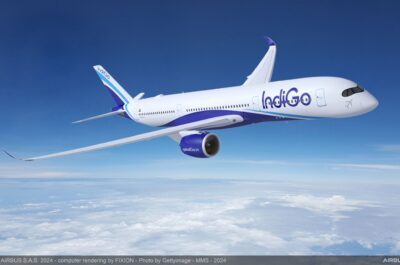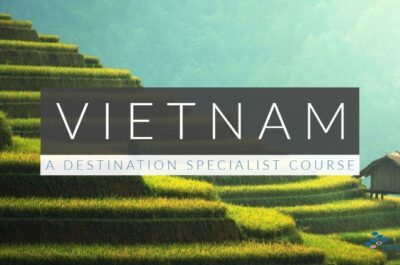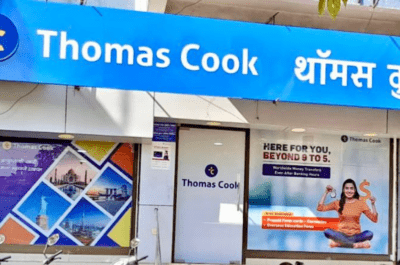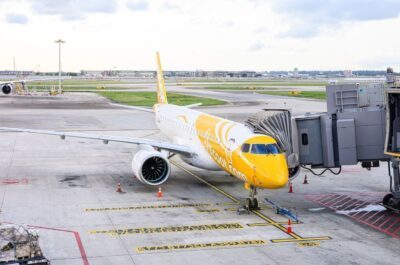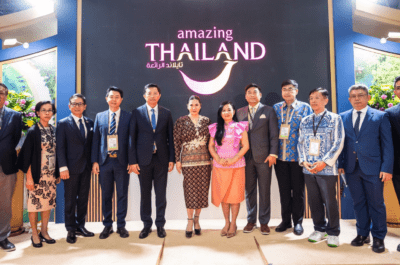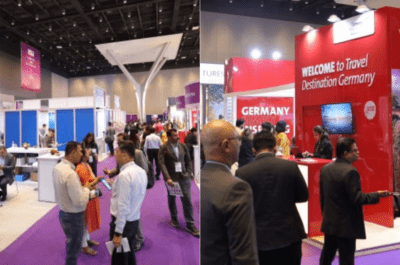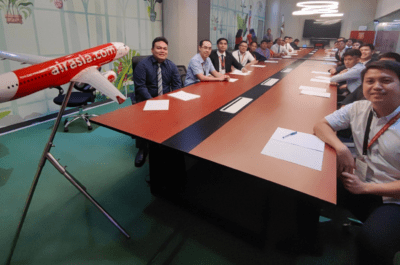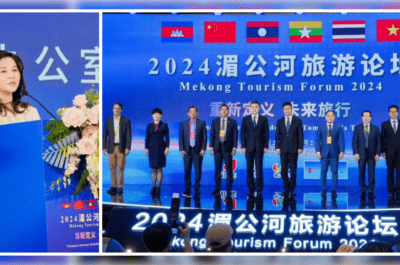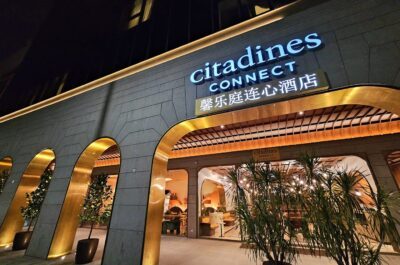The power of wholesalers and intermediaries in Asia Pacific still exists and travel suppliers morph distribution models to make possible what the consumer wants, for example, co-packaging air content with rooms to create dynamic content, concluded participants at a recent marketing round table discussion…
 The power of wholesalers and intermediaries in Asia Pacific still exists and travel suppliers morph distribution models to make possible what the consumer wants, for example, co-packaging air content with rooms to create dynamic content, concluded participants at a recent marketing round table discussion.
The power of wholesalers and intermediaries in Asia Pacific still exists and travel suppliers morph distribution models to make possible what the consumer wants, for example, co-packaging air content with rooms to create dynamic content, concluded participants at a recent marketing round table discussion.
However, dynamic packaging in Asia Pacific still lags behind the US and Europe. Participants felt that this was largely due to cultural issues such as trust of buying online and the complexity of cross-regional multi-city travel itineraries and the fact that consumers can book more easily by phone than they can online. In this market, web and call centers co-exist as travelers want to be treated as unique individuals with their own set of preferences considered.
“The technology platforms have been built primarily for point to point and simple trips” remarked Cyril Ranque, Vice President, Asia Pacific, for the Partner Services Group at Expedia.com. To effectively provide dynamic packaging options, travel distribution technology will be required to cross reference several cost platforms from different providers, which will prove challenging due to issues related to cost control. Inevitably, consumer demand will drive development for dynamic packaging content online and that is likely to happen when younger generations, who are comfortable with the online environment, create demand.
Roundtable participants argued that to cope with multiple cost platforms, controlling costs would be the responsibility of the technology provider and content aggregator. Any successful deployment that works in Asia given the constraints and complexities of the market will challenge the role of wholesaler.
From a branding perspective, the suppliers also felt that dynamic packaging and presentation through third-party sites commoditized their products and services and made it difficult to differentiate premium brands. Suppliers have taught consumers in the region to go to their branded websites first and provide special online services and low rate guarantees to take back control of inventory and pricing from intermediaries. Such behavior inhibits the ability of the online travel agent to compete and provide dynamic packaging.
One participant counter argued that ninety per cent of tourists in Asia are Asian (according to PATA) and that they were in fact doing more point to point travel which raised more questions as to the reasons for the low taken up in Asia. Some agreed and pointed out that numbers in Asia are skewed by huge tour volume transactions from China and that the big picture for online transactions might be different if you took these numbers out. Another example quoted was that in Thailand they believe that seventy per cent of bookings are transacted online, but the trade comes through the wholesale channel so it was less identifiable as an online transaction.
Regionalization and consolidation were seen to be key trends for the future given that much activity in the online space is concentrated domestically, for example domestic airline transactions in Japan are largely conducted online. A pan Asian player has yet to emerge. It is more likely that international players will continue to align themselves with national companies that hold majority market share and build their pan Asian presence in that manner.
Another trend identified is that technology providers of travel distribution are heavily retail driven in the online space; they provide a merchant business model associated with commissions. Increasingly, from a supply and demand perspective, the business model will be driven to adapt to local market conditions and aggregation software will provide a direct sales model. It was also felt that as majority players open up to accepting, for instance, local credit cards in China for payment, that consumer online bookings would increase.
Participants, who in the majority were supplier based, felt that online travel agents needed to provide simple tools and more product choices online to help small to medium sized enterprises (SMEs) book their travel requirements online. SMEs account for the majority of businesss in many Asian countries and seen as a growth engine for the region.
Participants in the discussion were senior executives in marketing and sales from hospitality, travel management and travel technology companies across the region who met last week to discuss a select range of issues posed to them at a roundtable hosted by the Cornell-Nanyang Institute of Hospitality Management and the Hospitality Sales and Marketing Association International (HSMAI) Asia Pacific chapter. The roundtable was sponsored by the Singapore Exhibition & Convention Bureau.
Facilitators of the breakout sessions included Bernadette Dennis, Director of BD Concepts, Dr Judy Siguaw, Dean, Cornell Nanyang Institute of Hospitality Management, and Christine Toguchi, Managing Director of MacroVision Network and HSMAI Asia Pacific.
Participants at the Marketing Roundtable were:
- Banyan Tree Hotels and Resorts, Mr Michael Lee, VP of Marketing
- Expedia Asia Pacific, Cyril Ranque, VP Asia Pacific
- Hyatt International, Mr Grahame Carder VP, Sales & Marketing-Asia Pacific Division
- Movenpick Resort – Karon Beach Phuket , Mr Craig Fong, Director of Sales and Marketing
- Preferred Hotels Group, Mr. Mark Wong VP, Marketing & Development – Asia Pacific
- Raffles International Limited Ms Jeannette Ho, Vice-President of Marketing & Sales
- Raffles International Limited, Mr Shalabh Kayastha, Executive Director, Marketing and Distribution Services
- Rendezvous Hotels International, Mr. Michael Meade, Senior Vice President, Sales & Marketing
- Singapore Tourism Board , Ms Adeline Lim, Business Development Strategic Cluster II
- TravelCLICK, Mr. Paul Southey, Regional Director – Asia Pacific
- UOB Travel Planners, Alicia Seah, Vice President Leisure Travel
- Terra Firma Groupe, Jinou Park , Managing Partner
Theodore is the Co-Founder and Managing Editor of TravelDailyNews Media Network; his responsibilities include business development and planning for TravelDailyNews long-term opportunities.





















